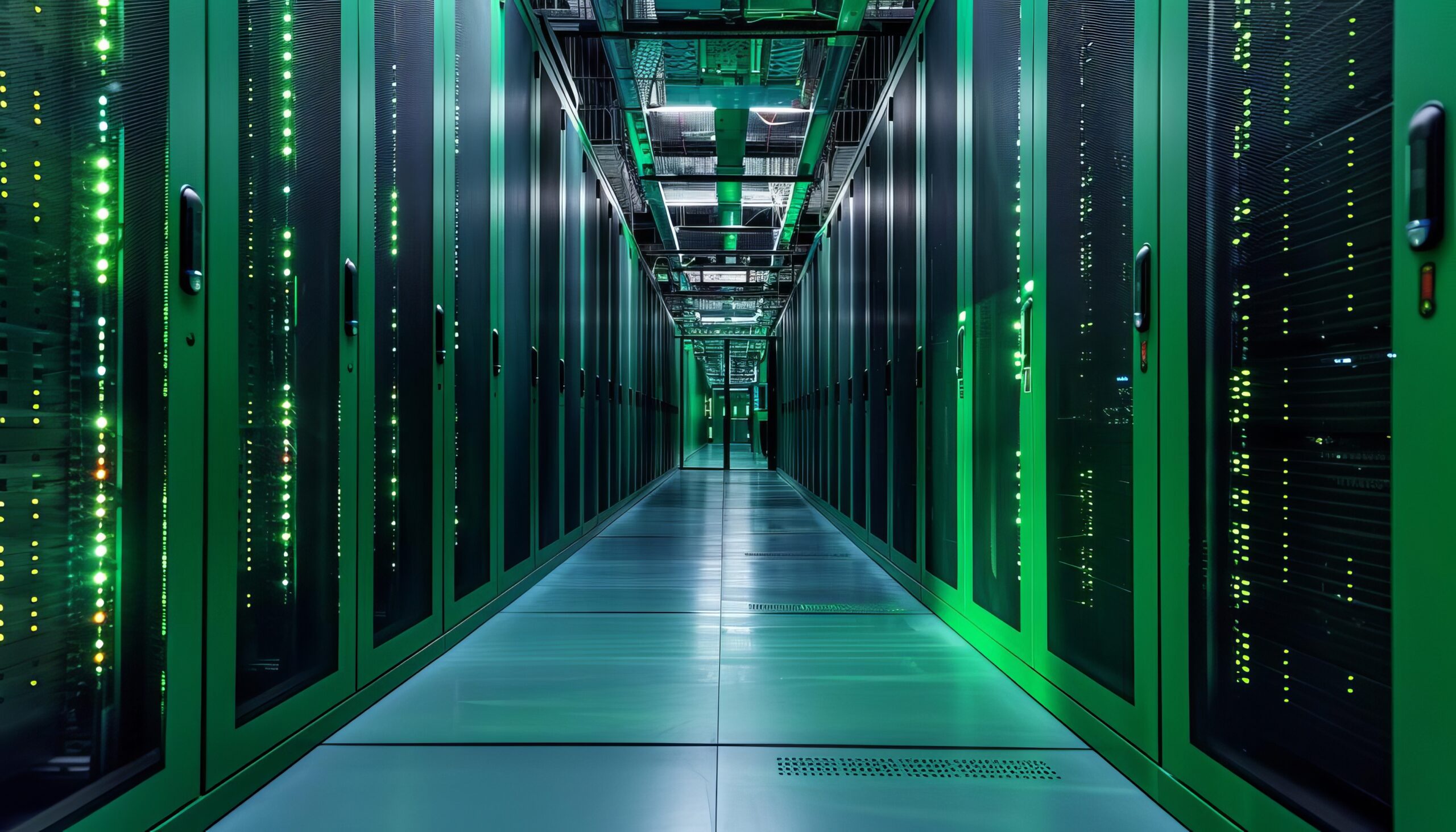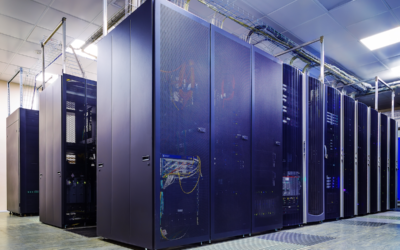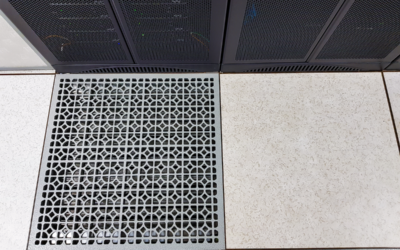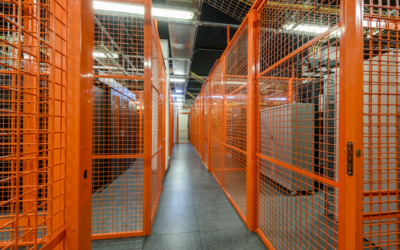Five Simple Steps to Make Your Data Center More Sustainable17 min read

There are many things that can be done to improve the sustainability of the data center. Some cost a lot. You can spend hundreds of thousands upgrading cooling systems or adding liquid cooling. An upgrade to the latest GPU-enabled servers can cost millions. Those wishing to source sustainable power usually spend big if they wish to co-fund a wind farm or a major solar installation.
Fortunately, there are five simple steps data centers can take that cost very little but greatly reduce the carbon footprint of any facility.
Plug Openings with Grommets
Grommets should be used at every point of cable penetration to seal holes and gaps. Typically, they consist of a plastic frame that holds durable nylon brushes that allow cables to pass through but prevent air from escaping as an important element of maximizing cooling system efficiency.
Grommets come in a wide range of circular, square, rectangular and custom shapes to fit all cabling requirements. Some can be used at the floor level to provide cable access while protecting against bypass airflow in new and existing raised floor cutouts. The split design allows installation or removal without disturbing cables and contains no loose or partially fastened parts. Other models are designs for
server rack tops to cover gaps, for internal use within cabinets and racks, or large openings like those found under PDUs. By eliminating bypass airflow, IT equipment hotspots can be prevented, cooling efficiency increased, and power bills reduced. They are very easy to install. And from a sustainability standpoint, they directly improve power usage effectiveness (PUE) by making maximum use of power and eliminating waste due to poor airflow management.
Seal Racks with Blanking Panels
Blanking panels are yet another way to seal openings. Instead of plugging gaps made by cabling, they fill gaps in IT equipment cabinets as a means of controlling airflow to optimize cooling effectiveness. Blanking panels consist of flat pieces of metal or plastic that fit across the front of a rack to cover the spaces where a server has either been removed or was never installed. They can cover one missing panel or a large area in a mostly empty cabinet. By doing so, they limit the formation of hotspots and block bypass airflow by preventing equipment exhaust air or hot aisle air from migrating to the conditioned air intake stream at the front of servers. They are easy to remove when new equipment is being added to the rack.
Missing blanking panels are a common problem in data centers, but this small and inexpensive step is vital in preventing the mixing of hot exhaust air and conditioned supply air. This mixing leads to fans running faster and air handlers consuming more power. Both areas eat away at PUE and raise the data center’s carbon footprint.
Containment of Aisles
It is obviously much cheaper to cool a small area than a large area. Further, if you can direct cold air more precisely to hot spots and prevent cold air from being contaminated by hot exhaust air, data center efficiency is raised. These principles are embodied in the concept of aisle containment solutions.
Containment utilizes partitions and panels to separate the cold supply air from the hot exhaust air as a simple way to improve thermal management. Its modular approach to aisle containment is achieved by use of horizontal and vertical panels and various doors and windows. Each site can tailor the system to their specific needs. It is designed for tool-less installation, removal, and re-installation.
PDU Upgrades
If a PDU fails, the entire data center is at risk. Yet many data centers spend heavily on servers and other equipment and largely ignore the PDUs that ensure they are fed with the right amount of high quality power. It is strongly recommended that any server upgrade project include a refresh of PDUs.
Next-gen PDUs enable data center managers to monitor PDU temperature, humidity, trends, and generate alerts about any changes that might indicate problems and enable personnel to prevent failures. Set points can be set to monitor various parameters. Monitoring accuracy is within 0.5%.
Sensors Enable Better Management
Sensor technology has come a long way in recent years. Components and devices are much smaller and more reliable. The Internet of Things (IoT) has made connectivity simpler. Innovative monitoring and management solutions combine the latest visualization techniques and granular levels of IoT sensors to provide data center teams with an intuitive and insightful platform. They are simple to deploy and offer an immersive interface with real-time monitoring and alerting. Operators can monitor the entire data center via a dashboard to review site performance comparisons. In addition, AI-based cooling analytics, capacity planning, and cooling advisement tools help to drive energy savings.
Sustainability Improvements on a Small Budget
Yes, server upgrades, liquid cooling, and data center redesigns are often vitally needed. But many don’t have the budget to do them. It is simply beyond their means. With pressure mounting on the environmental front, these five inexpensive yet highly effective solutions improve sustainability for any data center.
The industry's easiest to install containment!
AisleLok® solutions are designed to enhance airflow management,
improve cooling efficiency and reduce energy costs.
The industry's easiest to install containment!
AisleLok® solutions are designed to enhance airflow management,
improve cooling efficiency and reduce energy costs.

Drew Robb
Writing and Editing Consultant and Contractor







0 Comments